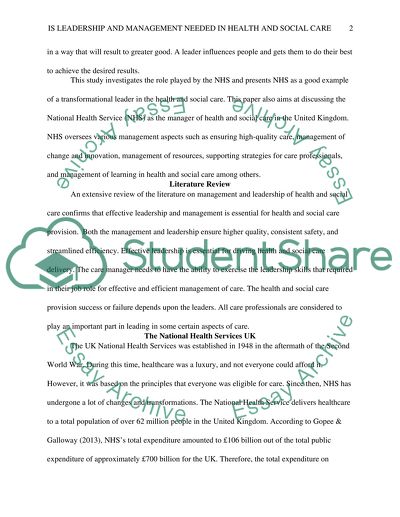Cite this document
(“Good managers and leaders Essay Example | Topics and Well Written Essays - 1750 words”, n.d.)
Retrieved from https://studentshare.org/nursing/1688463-good-managers-and-leaders
Retrieved from https://studentshare.org/nursing/1688463-good-managers-and-leaders
(Good Managers and Leaders Essay Example | Topics and Well Written Essays - 1750 Words)
https://studentshare.org/nursing/1688463-good-managers-and-leaders.
https://studentshare.org/nursing/1688463-good-managers-and-leaders.
“Good Managers and Leaders Essay Example | Topics and Well Written Essays - 1750 Words”, n.d. https://studentshare.org/nursing/1688463-good-managers-and-leaders.


